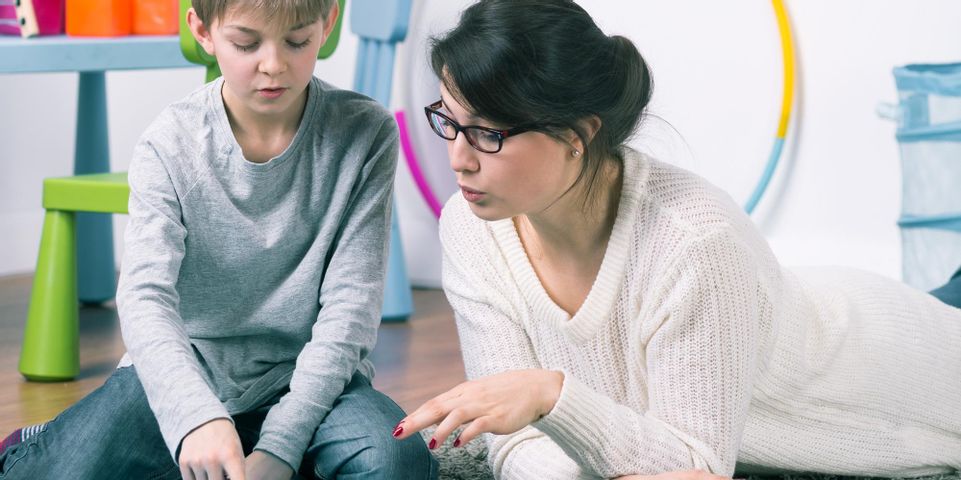What Is Child-Centered Play Therapy?

To untrained observers, child-centered play therapy can look like playtime — and may not appear particularly therapeutic. A child therapist, however, can learn a great deal about a child through this technique because play is the language of children. More importantly, a child can learn and grow throughout the process. If you’re considering engaging a family counselor who uses this innovative and effective approach, here’s what you should know.
What Are the Principles of Child-Centered Play Therapy?
 This therapy technique is child-led, which means the therapist does not attempt to re-shape or change the child. The play is self-directed with the therapist participating sometimes by joining in an activity or engaging verbally while the child plays. The therapist offers a safe and permissive space in which the child can be him or herself; they trust the child to lead the relationship, and the child therapist does not judge the child or wish them to be different in any way.
This therapy technique is child-led, which means the therapist does not attempt to re-shape or change the child. The play is self-directed with the therapist participating sometimes by joining in an activity or engaging verbally while the child plays. The therapist offers a safe and permissive space in which the child can be him or herself; they trust the child to lead the relationship, and the child therapist does not judge the child or wish them to be different in any way.
What Types of Play Is Used?
There are different types of play therapy, so ask your child therapist what to expect. Typically, a child therapist will provide an array of toys for children to use. Art supplies, dolls and action figures, balls, cars and planes, toy kitchen utensils, and other toys are supplied to allow the child a wide array of “props” with which to express themselves creatively and fully.
While the play is child-directed, the therapist sets constructive limits that allow the child to have both freedom of expression and the safety and comfort of self-responsibility. While all of the child’s feelings are acceptable and able to be discussed freely, behavioral limits may be introduced to protect the physical safety of the child and therapist as well as to encourage respect for the space and the objects in it.
Colleen Torrence, MEd, LPC, in Juneau, AK, is a child therapist, family counselor, and individual therapist who helps people heal, grow, and learn to live their best lives through effective counseling techniques and compassion. She is a Licensed Professional Counselor — LPC — which means she has years of training, education, and hands-on experience in mental health therapies. If you think your child could benefit from play therapy, call Juneau’s best child therapist, Colleen Torrence, at (907) 789-9212, or contact her online now.
About the Business
Have a question? Ask the experts!
Send your question

